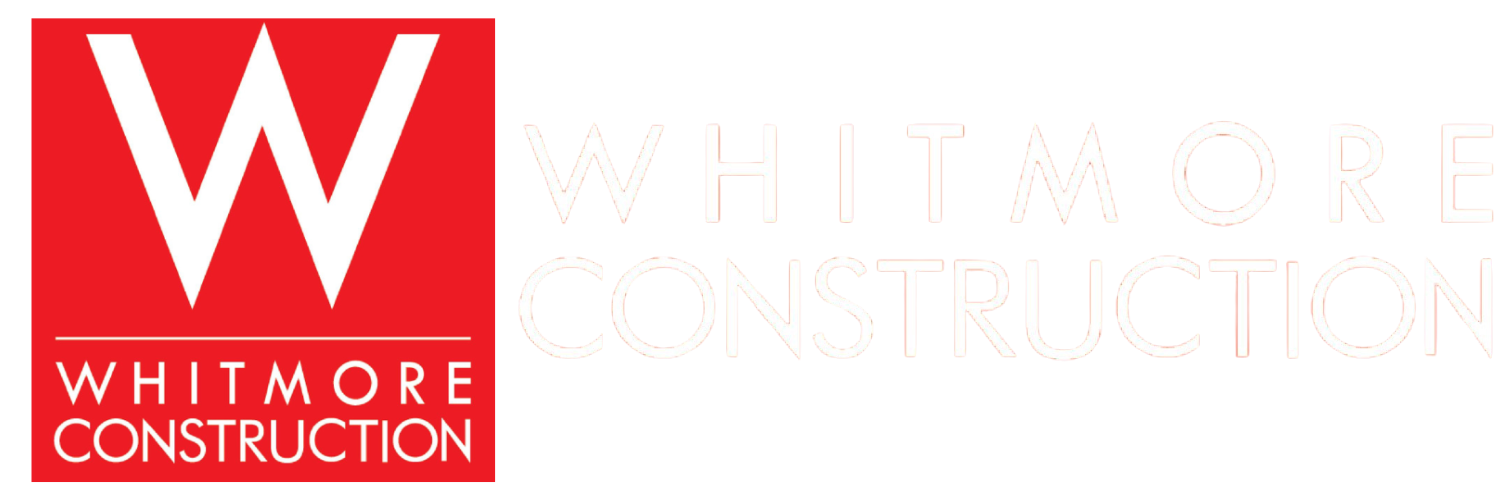 The construction industry often experiences cash flow challenges due to long payment cycles. To mitigate these issues, many companies turn to invoice factoring as a solution. One particular service provider, Garland Construction, offers innovative cash advance solutions tied to invoice factoring. This article delves into understanding invoice factoring, the role of cash advances, and the evolving landscape of this financial mechanism in the construction sector.
The construction industry often experiences cash flow challenges due to long payment cycles. To mitigate these issues, many companies turn to invoice factoring as a solution. One particular service provider, Garland Construction, offers innovative cash advance solutions tied to invoice factoring. This article delves into understanding invoice factoring, the role of cash advances, and the evolving landscape of this financial mechanism in the construction sector.
Understanding Invoice Factoring in Construction Industry
Invoice factoring is a financial arrangement that allows businesses to sell their unpaid invoices to a third-party financial institution, known as a factor, at a discount. This enables the company to receive immediate cash to cover operational costs, rather than waiting for clients to pay their invoices.
Definition of Invoice Factoring
At its core, invoice factoring involves the sale of accounts receivables in exchange for cash. The factor collects payment directly from the client, thus assuming the risk of non-payment. This arrangement is particularly beneficial in the construction industry, where projects can take weeks or months to complete and payments can be delayed.
Importance of Invoice Factoring in Construction
In the construction industry, managing cash flow is critical for maintaining operations and ensuring timely payment to subcontractors and suppliers. Invoice factoring provides construction companies with immediate liquidity, allowing them to meet financial obligations without disruption.
Moreover, it helps businesses to stabilize their operating expenses by providing consistent cash flow. This is essential for sustaining growth and responding effectively to new project opportunities as they arise. With the unpredictable nature of construction projects, which can be influenced by weather conditions, regulatory changes, or supply chain disruptions, having access to quick capital through invoice factoring can be a game-changer. It allows construction firms to take on more projects without the fear of cash shortages, thereby enhancing their competitive edge in a crowded marketplace.
Additionally, invoice factoring can also alleviate the administrative burden associated with managing accounts receivable. By outsourcing the collection process to a factor, construction companies can focus more on their core operations, such as project management and client relations. This not only improves efficiency but also allows companies to allocate resources more effectively, ultimately leading to better project outcomes and increased client satisfaction. As the construction landscape evolves, embracing innovative financing solutions like invoice factoring can position businesses for long-term success and resilience.
The Role of Cash Advance in Invoice Factoring
Cash advances are a crucial component of invoice factoring, providing companies with quick access to funds based on their current invoices. This financial tool serves as a bridge, helping them manage their finances until payments are collected.
How Cash Advance Works in Invoice Factoring
When a construction firm enters into an invoice factoring agreement, the factor will typically advance a percentage of the invoice amount—commonly between 70% and 90%. This upfront cash can be used for various operational needs, such as payroll, purchasing materials, or paying subcontractors.
Once the client’s payment is received, the factor releases the remaining balance to the construction company, minus a fee for the service. This structured approach helps maintain financial stability and ease the burden of cash flow variability.
Benefits of Cash Advance for Construction Businesses
The benefits of a cash advance through invoice factoring in the construction industry are numerous. Firstly, it provides immediate access to funds, enabling businesses to stay on track with their projects without waiting for lengthy payment cycles.
- Improved Cash Flow: Businesses can maintain a steady cash flow to finance ongoing projects and operations.
- Financial Stability: Cash advances reduce the impact of seasonal fluctuations and delays in payment.
- Flexibility in Spending: Funds can be allocated swiftly to various needs, ensuring that essential services and materials are procured timely.
Garland Construction and Invoice Factoring
Garland Construction has made a name for itself within the industry by leveraging innovative financial solutions, including invoice factoring. The company’s proactive approach enables it to tackle cash flow challenges head-on.
Overview of Garland Construction
Founded with the vision of enhancing construction project management, Garland Construction offers a wide array of services that encompass design, construction, and project management. The firm’s commitment to quality work and client satisfaction has cemented its reputation in the industry.
By integrating invoice factoring into its operational strategy, Garland Construction has effectively streamlined its financial processes, allowing for better project execution and management.
Garland Construction’s Approach to Invoice Factoring
Garland Construction utilizes invoice factoring as a key financial strategy. By partnering with reliable factoring companies, the firm ensures that it maintains a healthy cash flow, which is essential for meeting project deadlines.
Through this collaboration, Garland Construction not only secures immediate funding but also benefits from the experience and network of its factoring partners. This comprehensive approach enables the firm to focus on its core business while effectively managing financial risks associated with delayed payments.
Risks and Challenges in Invoice Factoring
While invoice factoring presents many advantages, it is not without its risks and challenges. Businesses must thoroughly understand these factors to make informed decisions.
Common Risks in Invoice Factoring
One of the primary risks associated with invoice factoring is the potential for clients to dispute invoices, which can complicate the factoring process. Moreover, if a customer fails to pay, the construction company might ultimately be responsible for the uncollected debts, depending on the agreement with the factor.
Additionally, the costs associated with factoring fees can accumulate, eating into profit margins if not carefully managed.
Mitigating Risks in Construction Invoice Factoring
To mitigate these risks, it is prudent for construction businesses to pre-screen clients before engaging in factoring. Conducting due diligence can help ascertain the creditworthiness and reliability of clients.
- Establish Clear Terms: Ensure that contracts specify payment terms and expectations clearly.
- Maintain Strong Client Relationships: Open lines of communication can prevent misunderstandings concerning payments.
- Work with Reputable Factors: Choosing a reliable factoring partner minimizes risks and ensures smooth transactions.
Future of Invoice Factoring in Construction
The future of invoice factoring within the construction industry is promising, with several trends shaping its evolution. As businesses adapt to changing financial landscapes, invoice factoring will likely become even more integral.
Technological Advancements and Invoice Factoring
Technological advancements are playing a pivotal role in transforming invoice factoring. Automation and digital platforms enhance the speed and efficiency of transactions. With the implementation of online invoicing and payment processing systems, construction businesses can streamline operations significantly.
Furthermore, advancements in data analytics can improve risk assessment, allowing factors to provide tailored services that meet the specific needs of construction firms.
Predicted Trends in Construction Invoice Factoring
Looking ahead, the trend of integrating artificial intelligence and machine learning into the factoring process is expected to grow. These technologies can help predict client payment behavior, offer insights into cash flow management, and enable more accurate risk assessments.
As the construction industry continues to evolve, the adoption of flexible and innovative financial solutions like invoice factoring will remain crucial for companies aiming to thrive despite inherent cash flow challenges.
Ready to tackle your next construction project with confidence? Whitmore Construction is here to ensure the seamless implementation and maintenance of your project with our expert in-house services and trusted vendor partnerships. Our commitment to excellence and customer satisfaction is unmatched, and our teams are always prepared, fully insured, and compliant with state regulations. Whether your needs are local or nationwide, our comprehensive utility construction services, including Fiber to the Home (FTTH) network deployments and challenging aerial plant environments, are tailored to meet your demands. With a proven track record and thousands of miles of successful installations, we invite you to experience the Whitmore Construction difference. Start Now! and take the first step towards a partnership that prioritizes your project’s success and your peace of mind.
